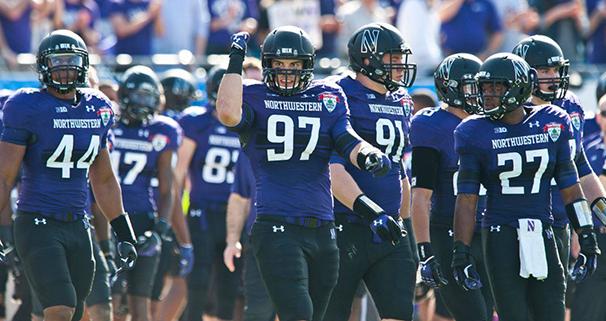
The legislative council of the NCAA ratified a proposal to grant all Division I athletes unlimited access to on-campus dining on April 15. Most college basketball fans can recall University of Connecticut guard Shabazz Napier’s comments following his team’s championship victory less than two weeks ago. Napier, who also won the Most Outstanding Player award for his performance through the March Madness tournament, claimed to have gone to bed hungry some nights — an experience he supposedly shares with his teammates and countless other college athletes.
Seeing and hearing the best player of this year’s tournament force the darkest side of their organization into the spotlight must have stung. Although Napier’s post-game interview, which was critical of the NCAA, was cut short by CBS’s Jim Nantz, the NCAA and athletic department administrators finally listened.
The cause-and-effect between Napier’s comments and the NCAA’s most recent decision is not so simple, however. As Deadspin’s Barry Petchesky put it, “[T]his is just one of many incremental changes in the works as the NCAA kicks some pebbles to try and avoid a landslide.”
The biggest threat to the NCAA’s foundations and the main reason we will likely see many more changes to the personal and financial situations of college athletes soon is the recent unionization efforts taking place at Northwestern University. Not a month before the NCAA’s first sign of forthcoming reforms, the regional director of the National Labor Relations Board, Peter Sung Ohr, ruled in favor of Northwestern football players trying to form a union. In clear and concise language, Ohr determined football players receiving athletic scholarships be considered “employees” and the university — a member of the NCAA — to be their “employer.”
As many members of the sports and media communities have noted, the NLRB’s decision may go down as a historical moment — a game-changer. Most importantly, Ohr based his momentous decision on the existing relations between the players, their coaches, and the schools they attend and represent. Athletes practice for hours each day under the direct control of coaching staffs. Meanwhile, the rules and priorities are set by universities, regional conferences and associations, namely the NCAA. Just like the rest of society, power and benefits accrue at the top of this chain. Now college athletes are attempting to change that fact by organizing themselves.
Every year college football generates excessively large amounts of money for the NCAA athletic departments across the country. Northwestern’s football program generated an $8 million profit for the 2012-2013 academic year, for instance. Revenues skyrocket at football-crazed schools such as Alabama, Florida State and Oklahoma. Despite a large chunk of that change coming directly from using the players’ likenesses in advertisements, video games, jerseys and other memorabilia, the athletes do not receive a cut of any of it.
Opponents to college-athlete unionization often contend that the players do receive payment in the form of scholarships. This claim is unconvincing for three reasons. First, athletic scholarships are usually used by universities as chips at the negotiation table. They argue that if the athlete attends their university, he would get thousands, maybe tens of thousands of dollars, toward tuition. This money goes directly toward the school — in essence the universities are paying themselves for athletes to matriculate there and not somewhere else, especially not a rival.
Second, athletic scholarships should not and do not negate the right of college athletes to the profits that they, in large part, generate. Third, the football players’ union College Athletes Players Association will collectively bargain for more than a fair wage. According to Kain Colter, former Northwestern quarterback and leader of the unionization effort, “Our number one issue is medical coverage and medical protection.”
CAPA will hopefully increase the medical, athletic and academic security of the football players and potentially other college athletes. The threat of unionization and players speaking out has already guaranteed unlimited meal plans from the NCAA — and that may just be the beginning of more to come.
A version of this article appeared in the Thursday, April 17 print edition. Dan Hinton is a contributing writer. Email him at [email protected].
























































































































































